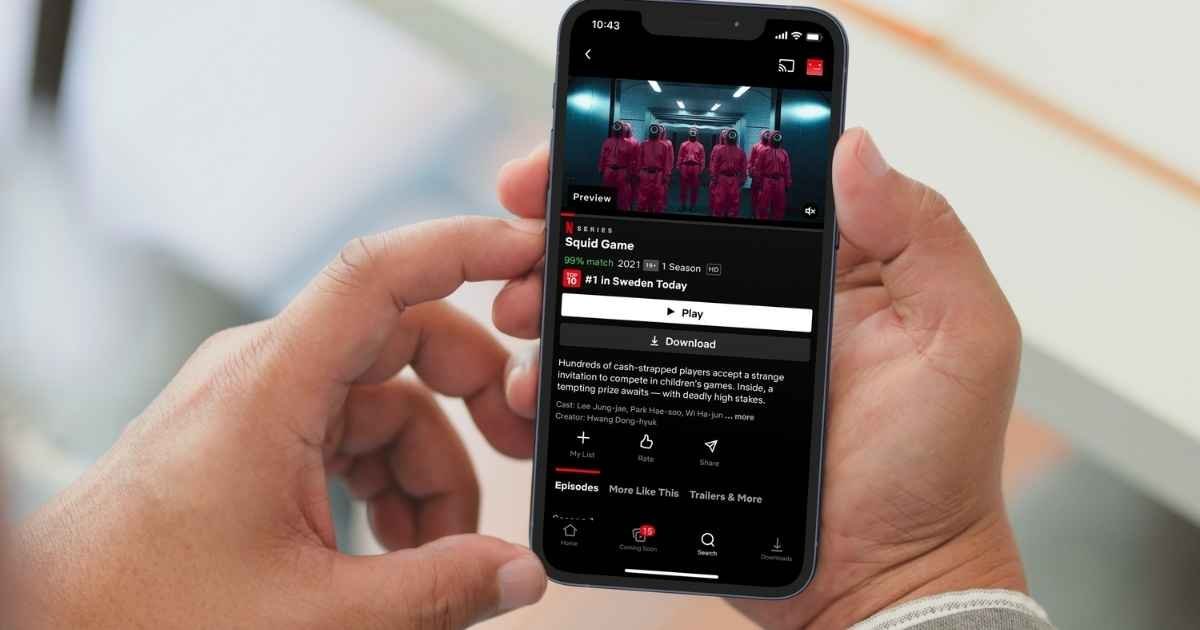The importance of betting on all of your content: A lesson from ‘Squid Game’
If you haven’t heard about Netflix’s latest original series Squid Game, then you must be living under a rock.
Released on September 17, this show has hit the streaming scene with a bang, becoming No.1 in 94 countries and Netflix’s most popular release with more than 111 million viewers according to protocol.
With a relatively low production cost at $21.4 million - about $2.4 million an episode, Bloomberg reported that Netflix estimates the series will create almost $900 million in value for the company.
As we all continue to awe over the success of this Korean megahit, it is important to stop and think about what other streaming companies can learn from the huge phenomenon that is Squid Game.
Did Netflix plan on Squid Game being a hit?
Although it is an amazing piece of content with an intriguing storyline, it is safe to assume that the people at Netflix did not plan on Squid Game being their biggest show ever or even half as popular as it turned out to be on this global scale.
Unlike movie studios and TV networks, services like Netflix don’t typically generate huge sales based on specific titles. They have a steady release of new content that they put out every week to keep their subscribers engaged. Of course, some content does better than others but never to this degree.
In The Hollywood Reporter, Minyoung Kim, VP content for Asia Pacific discussed the success of the show, saying that although they had high hopes for it, she never thought that a Korean-language show, with a Korean childhood game at its core, would be racing toward being an all-time global number one show.
It wasn’t until they saw discussions around the show blow up on Instagram, Tik Tok and Linkedin, along with HoYeon Jung’s Instagram following, one of the stars in Squid Game, grow from 400,000 to over 14 million in less than a month, that they realised what a global phenomenon it had become.
How was Squid Game able to become such a big success?
Although Netflix didn’t count on this show being their largest grossing show ever, there is one thing that they did that gave it the ability to become as large as it has.
Netflix made it accessible to the world by adding subtitles in 31 languages and dubbing it in 13 languages. If they didn’t make the effort to do this, then it would have been impossible for the show to have the kind of success that it has achieved because a majority of streamers wouldn’t be able to understand it.
In addition, Netflix does quite a good job promoting international content on its platform, giving it a chance to compete with local titles in various countries.
What can we learn from Squid Game?
These days, you never know what shows are going to be successful and create enormous value on an international level. That is why it is important to bet on all of your content and not gamble on a few specific titles.
You may invest a lot in dubbing or adding subtitles to one show that you think might be a success, when in fact you could be missing out on multiple others.
Similarly when it comes to PR and marketing, if you show attention / give love and care to all your titles, and not just the planned successes, you will increase the chance for hidden gems in your long-tail catalogue.
Many streaming services miss out on this opportunity because the amount of work to manage PR efforts per title on a big catalogue has often overshadowed the potential. However, if you have a system/workflow, that can help you manage this in a scalable way, then it is a no brainer.
Clipsource offers a full set of services that helps media companies share more content to more users, giving them a chance to promote a global success like Squid Game. Contact us today to learn more about how you can unleash the power of your programming.


